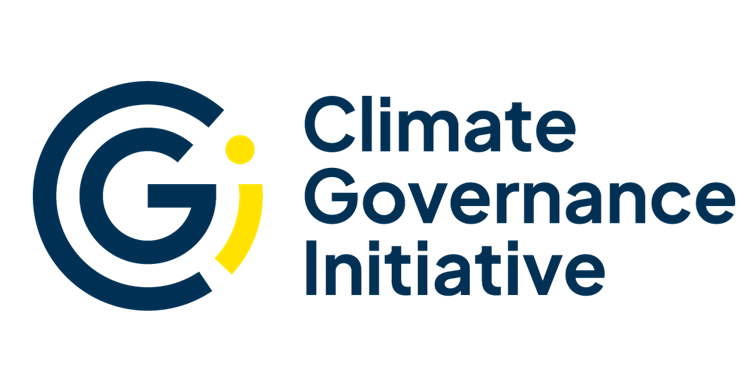
Host:
Climate Governance Initiative
Moderator:
- Emily Farnworth, Director and Head of Climate Governance Initiative Secretariat
Panellist:
- Angeles Garcia-Poveda, Chairwoman of the Board of Directors, Legrand
In this inspiring welcome session, introducing the programme primarily focussed on programming from European Chapters, Emily Farnworth and Angeles Garcia-Poveda discussed Angeles’ personal journey in climate governance and highlighted the transition from generalised climate and ESG conversations to focused changes to corporate governance and culture. Angeles reflected on the role of being a parent in thinking about the future of climate and her role in facilitating solutions for a high-carbon sector and shared what she has seen work in developing impactful climate governance on her board.
At the level of metrics looking at how many boards are engaging with ESG and climate, there is reason to feel optimistic. Relatively few individuals still need to be convinced of the need for action and the level of awareness is generally high. The difference between boards is at the level of deep knowledge and commitment to action.
Knowledge
Climate and ESG are complex, often technical topics and as a director it’s difficult to push for a topic if you don’t know much about it, but Angeles reminded attendees that, “You become effective when you’re comfortable with a topic.” Knowledge enables directors to debate and decide with more conviction, meaning that their first obligation is to learn.
Boards should facilitate access to information for their members. At Legrand, for example, they arranged for a “Climate Day”, wherein the board heard from a variety of perspectives including climate scientists, investors, regulators and political experts, followed by a wrap up at the end of the day to synthesise what was learned. This meant that the entire board was working from the same base level of understanding.
No company has a complete picture of what the future will hold, so directors have an obligation to keep learning from each other. You can always find good ideas in other people’s roadmaps and strategies, and, Angeles observed, “There’s no competition in this matter, only collaboration.” Initiatives like CGI are a great platform for sharing practice, having conversations and being up to date with content on science, regulations and other important pieces of knowledge about climate that directors should know.
Commitment
Commitment is one of the biggest differences that singles out the boards that are having an impact. This means that individual board members are in a great position to make progress on climate. Authenticity, passion and activism energises others to take the issue seriously. Directors should keep asking clarifying questions, bringing climate up over and over and dare to say when the board isn’t doing enough. Passion and authenticity go a long way to changing the minds of those around you.
Angeles recommended a “one step at a time” approach, measuring and analysing, and then moving forward again toward bold targets. “Good things happen when you focus on impact and when you take this as not only a risk, but an opportunity to do business differently.” Building on good feedback creates a positively reinforcing system.
According to her, the ideal future board would have no need for a climate or sustainability committee; like digital transformation before it, a tipping point would come where board members are all starting from a high degree of knowledge and commitment to climate, so it would be addressed in every committee and in every board-level conversation. The board is the ideal space to set the pace for climate action, because they have a long view and can choose where to invest.
The conversation concluded with some final pieces of practical advice for thriving through net zero and climate related transition. First, think of climate the same as you would a budgeting challenge, balancing the top-down and bottom-up information while considering your options. Second, consider the impact people can have on organisational culture. Recruit people who will champion the culture you want to see and become internal activists. Finally, have the conversations with your supply chain and make the hard decisions about how you do business. In her experience, once they had the conversations most suppliers elected to change their business practises rather than loose a valued business relationship.
Ambition to Action: Key actions for boards
Key takeaways from this session were that directors’ first duty is to learn enough about climate to be an effective advocate, get the board up to speed together to ensure everyone is operating from a common base of both knowledge and commitment. Find what makes you feel energised about climate and use that authenticity and activism to inspire those around you. Don’t wait for the perfect strategy – take steps toward a bold vision, measure, analyse and repeat.
This summary was provided by the session hosts.